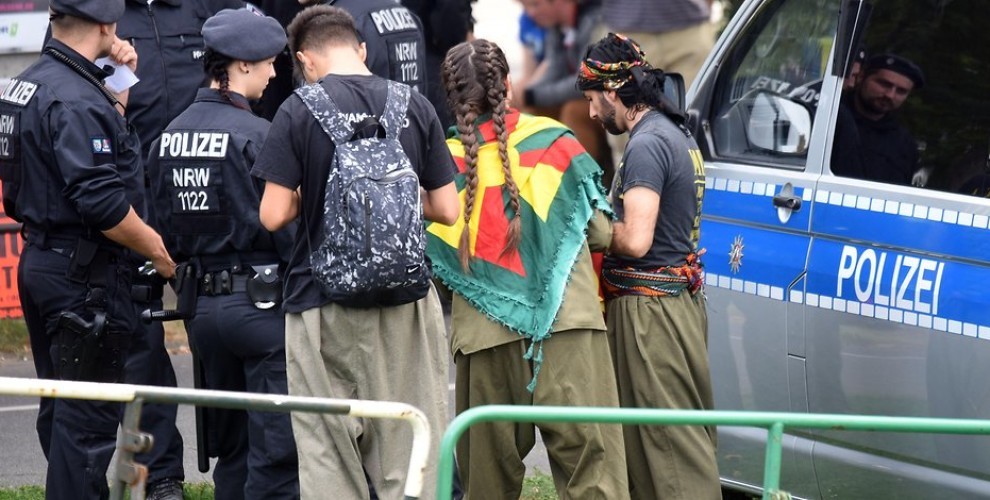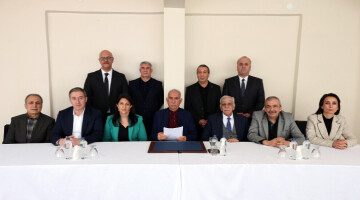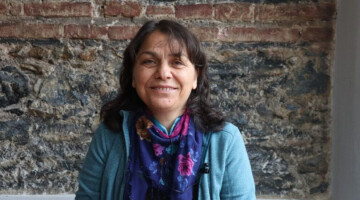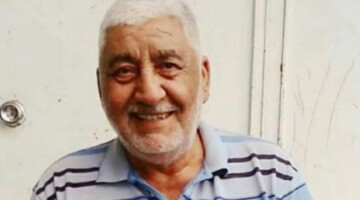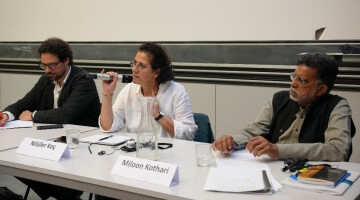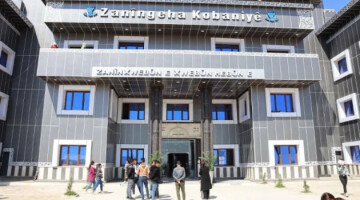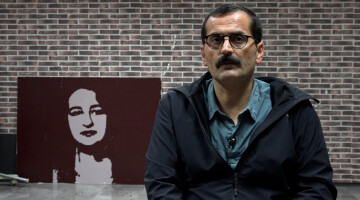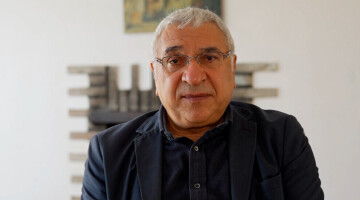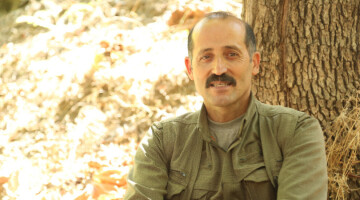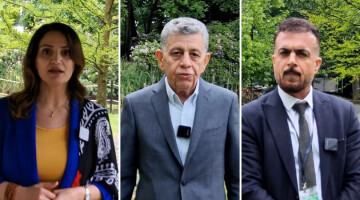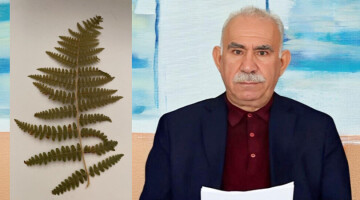It grabs attention that Germany puts the policemen of Turkish origin in charge of the Kurdish community in Germany. Officers, chief commissioners and commissioners with Turkish background, who are led by the Turkish secret service MIT, are employed to execute raids on Kurdish homes and arrests Kurdish politicians.
Following the exposure of some Turkish intelligence service MİT’s spies within the German police units, now policemen and -women of Turkish ethnicity are attracting the attention. It is reported that even though their collaboration with the Turkish secret service is well known for quite some time, Germany's security service keeps ignoring those Turkish policemen nevertheless. Kurds living in Germany are left deliberately at the initiative of those spy policemen.
It is worth mentioning that in many German cities critical posts like the "Mediation Police", the "PKK table", the "Foreigner table" and the criminal administrative offices are occupied by policemen and -women of Turkish origin. Predominantly affected cities are Berlin, Gelsenkirchen, Cologne, Frankfurt and Munich.
In particular during the demonstrations of the Kurds in Germany those Turkish policemen are instated. Kurdish politician Mehmet Demir, who is an employee of the Azadi Law Bureau, informed the ANF on this issue and said: "Years long we have asked the German security units and German politicians to not put us into the scope of responsibility of policemen with Turkish background. But they would not listen to us."
“POLICEMEN OF TURKISH ORIGIN PAVE THE WAY FOR PROVOCATIONS”
Demir stated that those policemen of Turkish ethnicity are actively working against the Kurdish community and stressed that this situation is jeopardizing the security and independent judiciary of Germany. Demir continued as follows: "There is a deeper intention behind the deployment of policemen with Turkish backgrounds to take care of our "safety" during our major rallies in the big cities and during our main festivities, and that they are in dialogue with us."
Demir recalled that Germany's security department persistently continues bringing into action policemen with Turkish background at the Kurdish protest events in Berlin city, saying: "On occasion those policemen of Turkish ethnicity harass the Kurdish protesters. And sometimes they also incite their German colleagues against the Kurds. For instance, during a recent demonstration in the federal state NRW, we heard with our own ears how a Turkish policeman told his partners: 'Look how I will provoke them'."
THE OPERATION IN DRESDEN WAS CONDUCTED BY TWO TURKS
Not only the systematic provocations during Kurdish demonstrations, but also raids on Kurdish homes and the arrests of Kurdish politicians are arranged by German police officers and chief commissioners of Turkish origin.
The latest of such operations is the detention of Kurdish politician Kenan Baştu on 25 October 2015 in Dresden, which was also organised by a police officer and a chief commissioner with Turkish backgrounds. Those two policemen, whose identities are at the hand of the ANF and who are in charge of the security administration office of the federal state of lower Saxony, have prepared the file of investigation against Baştu.

One of these two Turkish policemen, whose surname begins with the letter G and serves as a chief commissioner, organized the raid of the home of the Kurdish patriot Muzaffer Polat in Dresden. This can be observed clearly in the indictment, that the ANF got access to. Baştu had been arrested in the home of Muzaffer Polat in the exact same manner as Turkey's policemen proceed.

Kenan Baştu, who was sentenced to two and a half years in prison on the alleged grounds of being a "member of a terrorist organisation" at Celle's High Court and is still in the prison of Celle, answered the questions of the newspaper Özgür Politika with a letter last June, and gave following account of his detention and imprisonment: "I was subject to great injustice as of the moment I was detained and then remanded in custody. I have worked at lawful organisations to promote the societal and democratic rights of my people. Still, they imprisoned me under inane pretext.
Exactly like Turkish military forces, they storm the homes of Kurdish families living in Germany at around 5 am in the very early morning. If the target of the arrest had been only me, they could have carried out the arrest anywhere they wanted. However, when I assess the way this arrest took place, I see that there is a serious intention to strangle the Kurdish people’s aspiration of seeking their democratic values and their efforts to stand for their identity."

